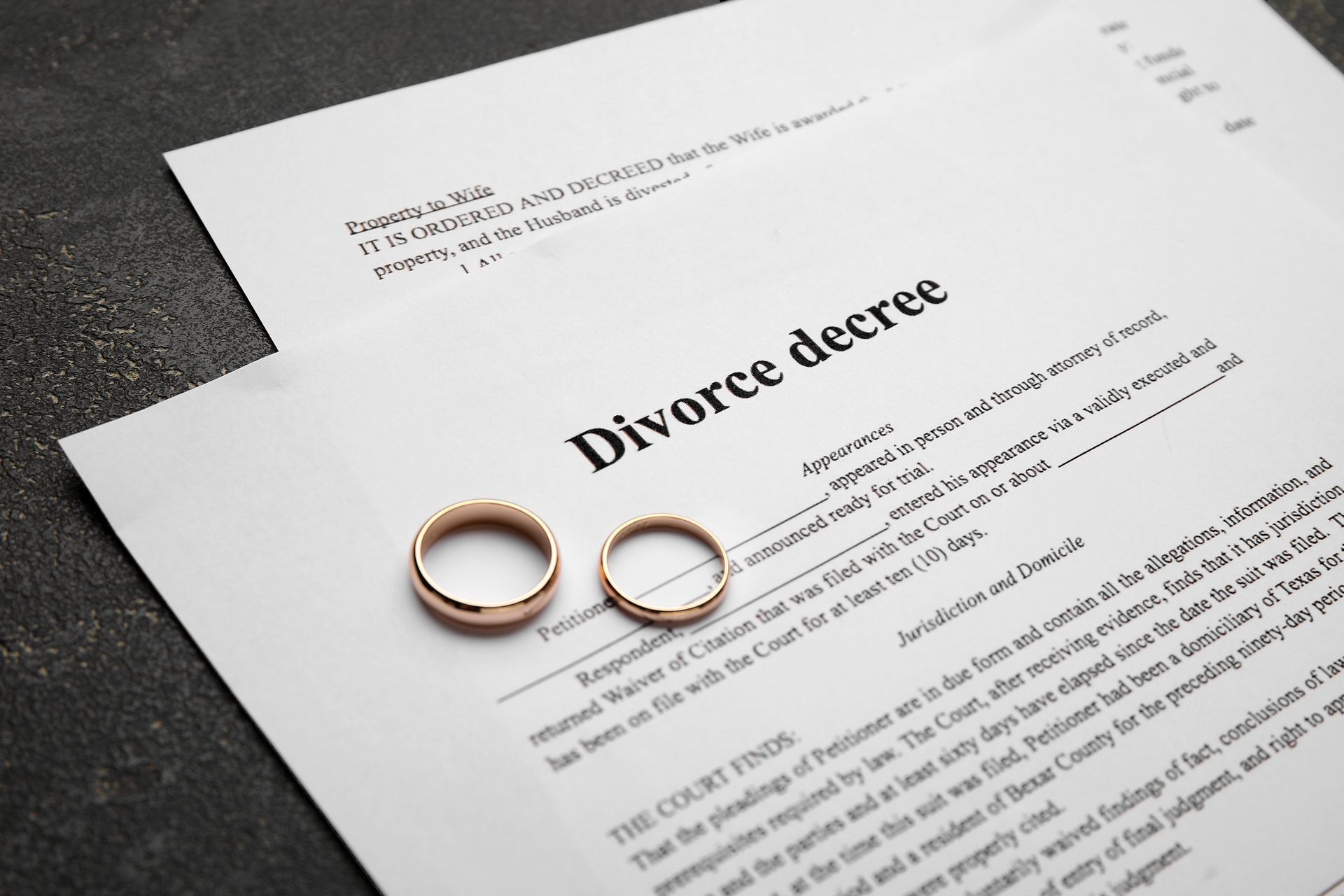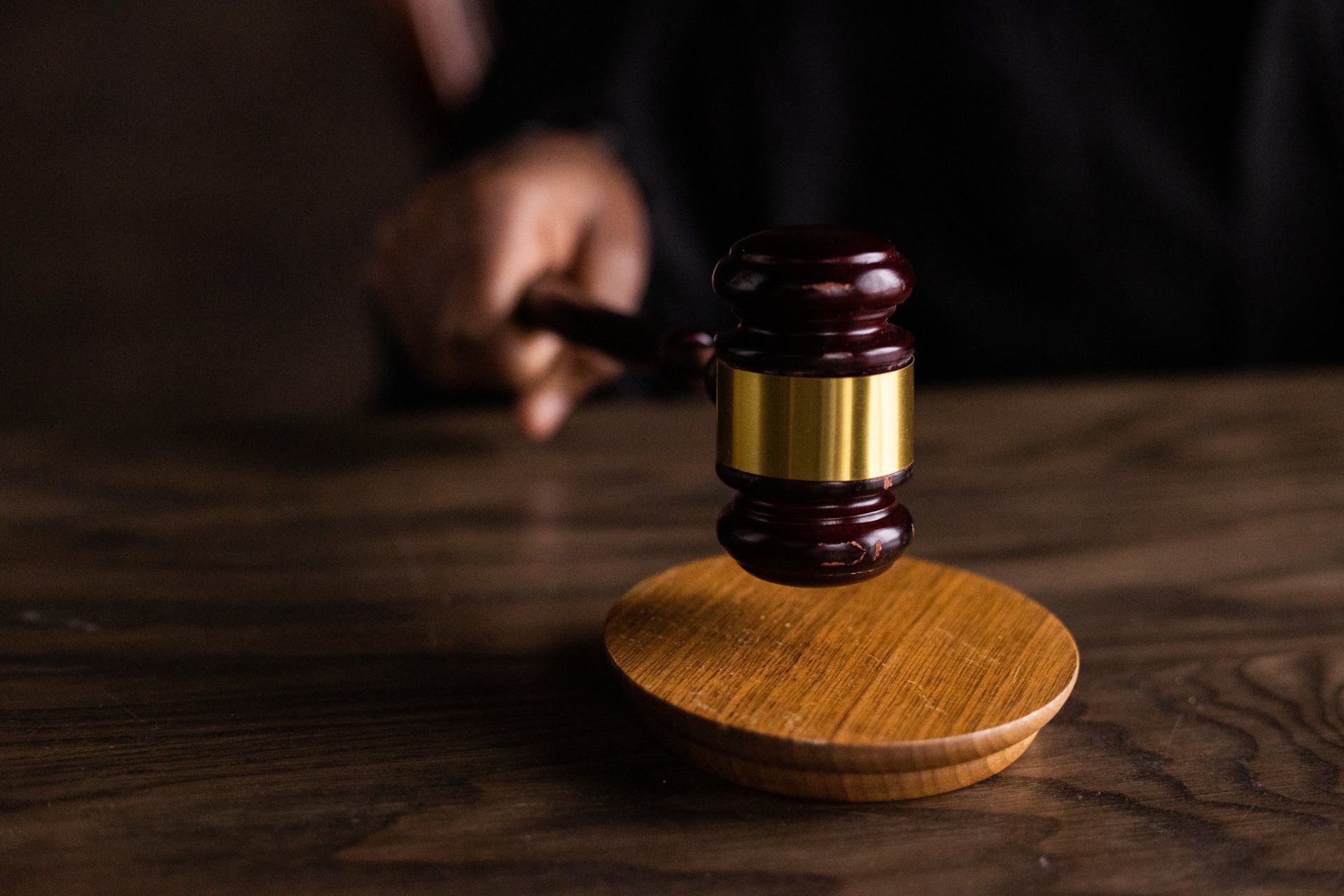Understanding the Probate Process
Understanding The Probate Process
Probate is the legal procedure applied to an estate when someone passes away. During this proceeding, a court determines how the estate is distributed and the proper heirs. Probate is always easier when people have a will or living trust, as these documents clearly list the beneficiaries, name the executor, and define the wishes of the deceased party. While probate proceedings are not usually expensive or prolonged, a number of complexities can arise during the process.
If you want to connect with a probate lawyer in Michigan, please contact our legal experts today.
What is probate?
Probate is a court-supervised proceeding that involves the authentication of several parties and the assessment of numerous assets. First and foremost, assuming it exists, the will or living trust of the deceased party will be authenticated. Next, the executor of the estate will be approved, with this person charged with overseeing the final wishes of the deceased party.
During the probate process, all of the assets linked to the deceased person must be located and assessed for their true and total value. Taxes and debts are paid before the remaining value of the estate is distributed to inheritors. In most situations, the probate process involves lots of paperwork with little court supervision. However, when family members or creditors are not in agreement, problems can arise.
There are two probate categories:
-
Informal probate is a relatively simple administrative proceeding which has been adopted by some states under the Uniform Probate Code (UPC). Among other things, informal probate requires access to the original will and death certificate. This process is relatively simple and fast. - Formal probate is a court hearing that involves large estates or more complex cases. Formal probate may occur due to an unclear will or when someone objects to informal probate. Formal cases can be initialized based on the size of the estate, which differs considerably between states.
Does a will or living estate influence probate?
When a will exists, the probate process still occurs, although it's usually over rather quickly. When a will does not exist, inheritance needs to be determined through the probate court. When a living trust exists, any assets placed into this trust will bypass the probate process.
Along with assets defined in trusts, some property types pass outside the probate process automatically. This includes life insurance and retirement plan proceeds, and it also includes real estate, bank, and brokerage accounts held in joint names with the right of survivorship. In addition, items listed as POD (payable on death) or TOD (transfer on death) also bypass probate when a noted beneficiary is listed. These items may include bank accounts, retirement accounts, stocks, and vehicles, along with real estate assets in certain states.
When does the probate court get involved?
As mentioned above, the probate court becomes relevant in any situation where there is no will. The court has two distinct obligations: to make sure the wishes of the deceased person are carried out and to ensure all financial and other obligations are taken care of. The court oversees the probate process, interprets all relevant documents, and acts in a supervisory role.
The following issues always go through the probate process, regardless of the estate plan:
- Inheritance, where the beneficiary predeceases the giver.
- Non-titled property or assets without paperwork.
- Partner-owned investment property
- Sole-ownership property.
How probate laws differ between states
Probate laws vary between states, so it's a good idea to consult with an attorney based on the details of your case. Depending on your location, you may need to determine whether a probate proceeding is necessary and what specific reports must be prepared. States vary widely based on the size of property thresholds and degree of oversight, which can impact the speed of the process and how the executor takes action.
The steps of the probate process
The timeline for probate cases varies widely, from a few months to several years. The size of the estate has a huge influence on the timeline, as do court objections, asset sales, and financial rules regarding creditors and claims.
The following chronological steps are accurate for most probate cases:
- A petition is filed with the court
- The executor gets a probate bond
- Creditors are given notice
- An inventory of all assets is taken
- All estate taxes are paid
- The remaining estate is distributed
The probate process is very common, with personal assets needing to be authenticated and validated every time someone passes away. While this process can seem complex and long-winded, most cases are relatively simple and quick to resolve. If you want to avoid probate for your own estate, you can set up a living trust or transfer some of your assets prior to death to avoid complexities.
If you want to connect with a probate lawyer in Michigan
,
please contact our legal experts today.










